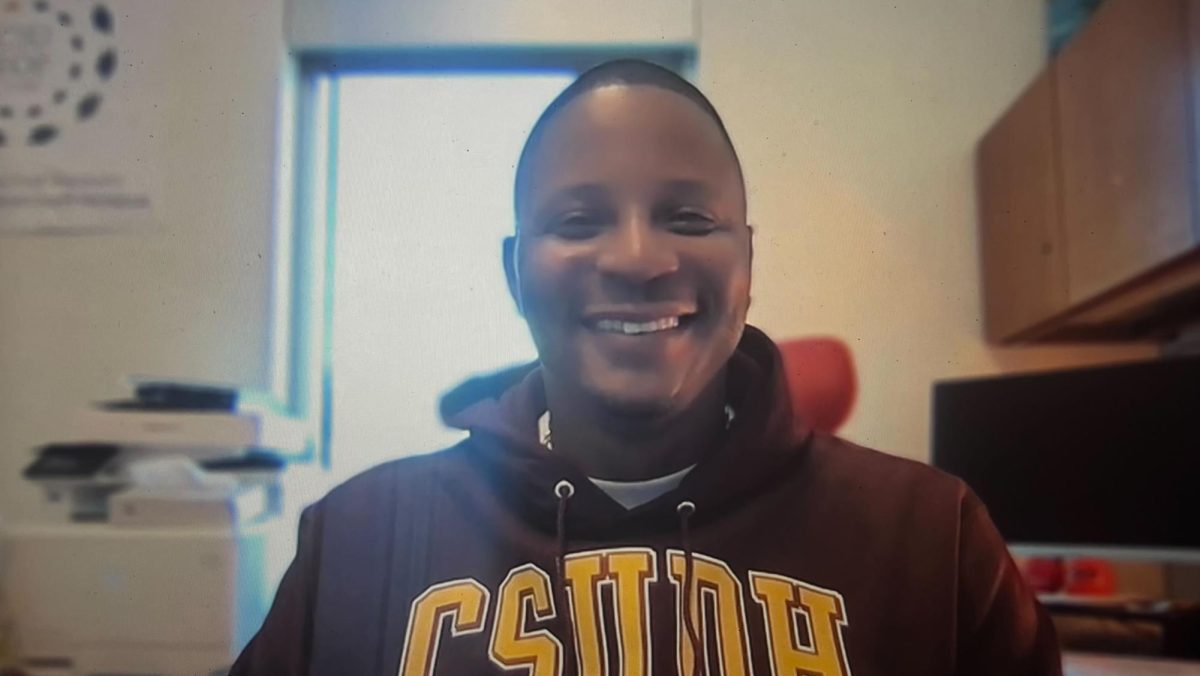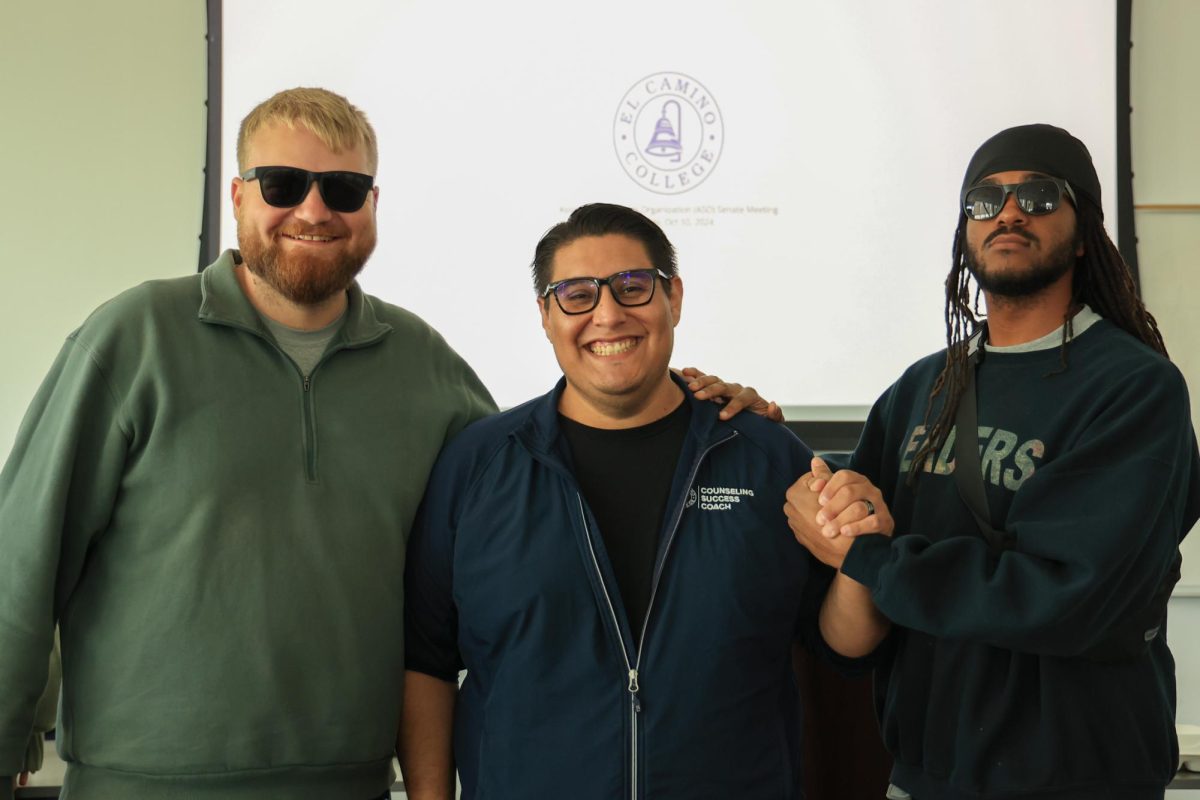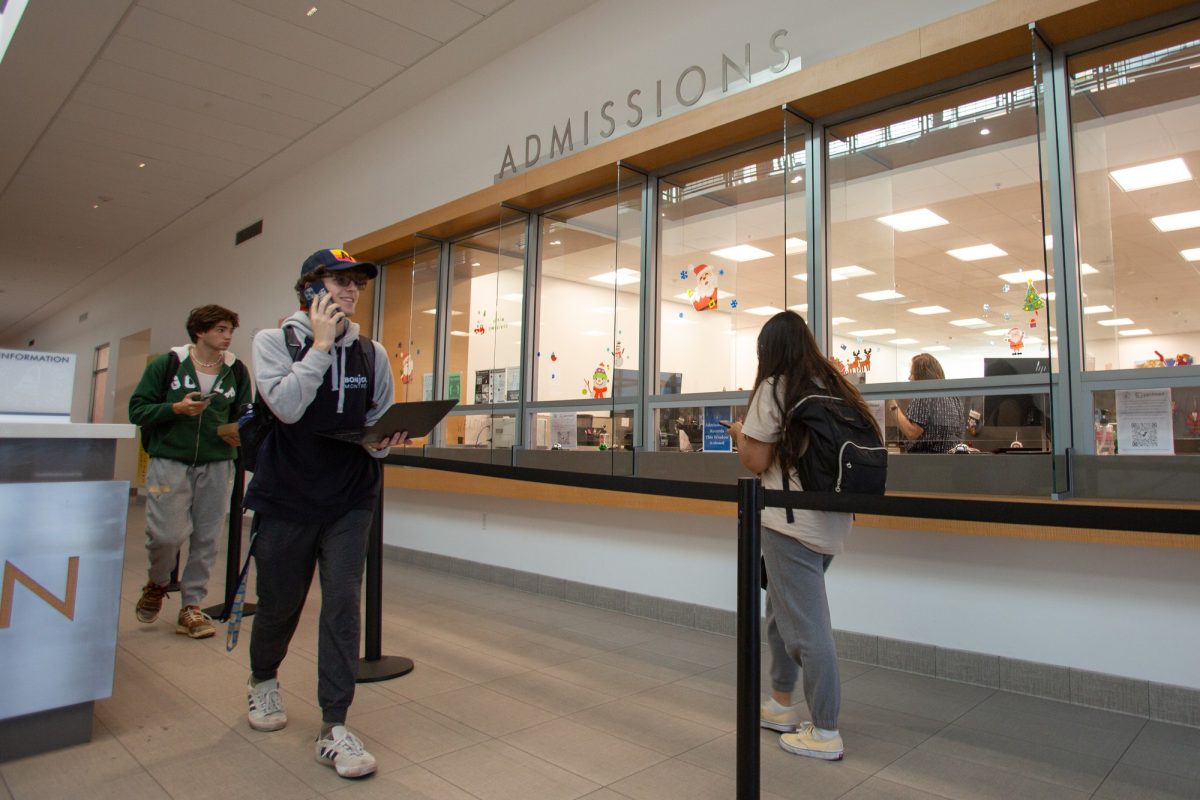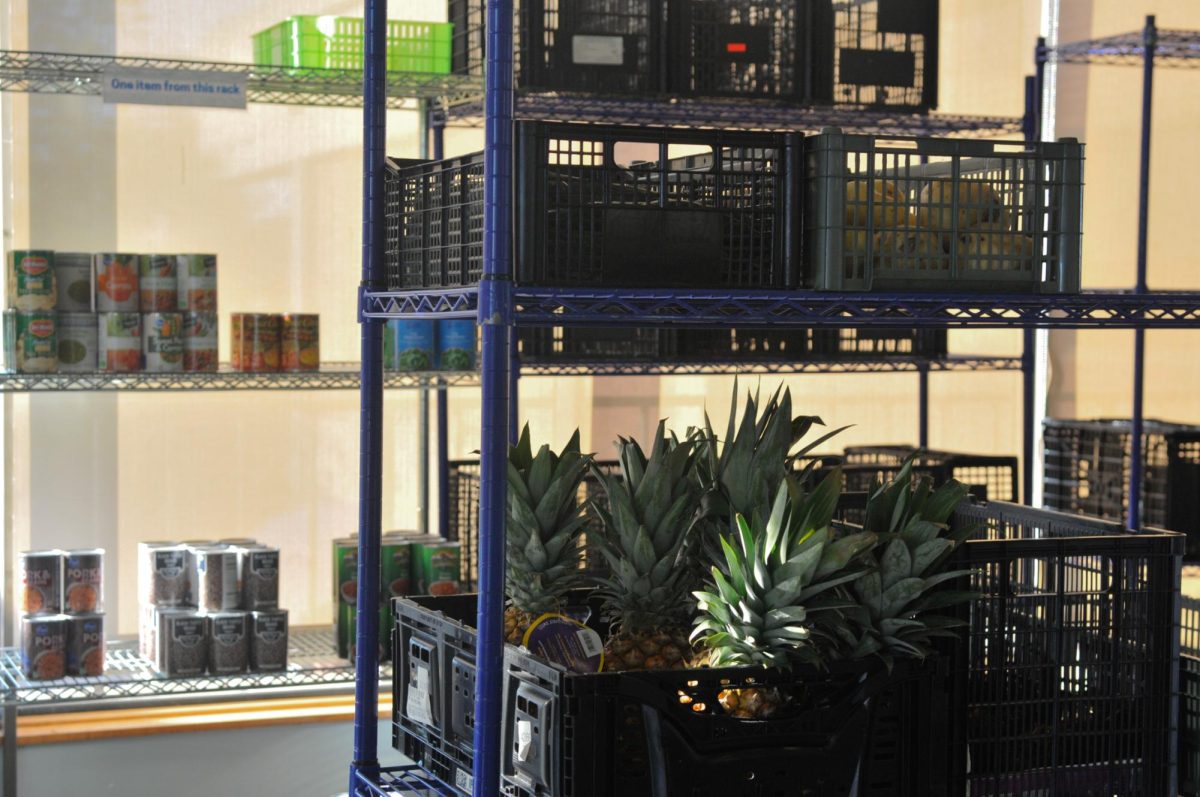The warmth of the sun blares down on her skin. It’s a beautiful day at the beach, and she knows that with nothing but tanning oil on her skin, she’ll be dark by the end of the day.
Skin bronzed and glowing from the sun, her and her friends will compare tans, complimenting each other on how dark they look.
Little do these students know that future research will show how damaging the sun can be on unprotected skin. An unfortunate lesson that one EC faculty member learned first hand.
Ann Cummings, French professor, had surgery in which doctors cut open her face to remove a cancerous tumor from behind her left eye.
“It’s not like one day you wake up and you have skin cancer. It’s all the years you spend trying to get a dark tan that leads up to that,” Cummings said.
She was treated for skin cancer in ’97 when her left eyelid suddenly started to droop and her forehead went numb. CT scan results found a hidden tumor.
It took two months for a team of surgeons to get together and on Jan. 20 she underwent 10 hours of surgery.
“I must have been hooked up to 10 different machines, and I didn’t even know what all of them were doing, beeping and worrying,” Cummings said.
For the last 10 years, she’s been careful to stay out of the sun, wearing SPF 15 suncreen, a wide brim hat and sunglasses between the hours of 10 a.m. to 2 p.m.
“I wore a form-fitting mask from ear to ear and hairline to my upper lip to concentrate on the cancer areas,” Cummings said. “The mask immobilized my head and was bolted to a table, so it gave very precise delivery of the radiation treatment.”
Though the cancer has been successfully removed, Cummings will have to go back for at least one, probably two cosmetic surgeries for her face, she said.
Jonica Llora, 23, nursing major, uses SPF 15 on her face every day and SPF 30 on her body if she knows she will spend more than 15 minutes in the sun.
“Being out in the sunlight for 15 minutes without sunscreen provides the most nutrients,” Llora said.
While Llora is diligent with her sunscreen, most young adults are not and Cummings hope her story will persuade more people to take care of their skin, Cummings said.
“I don’t want to see you 20, 30 years from now going through what I’m going through,” Cummings said.
Categories:
Professor shares her cancer struggle
By Lauren Neuroth
•
September 16, 2010
More to Discover








